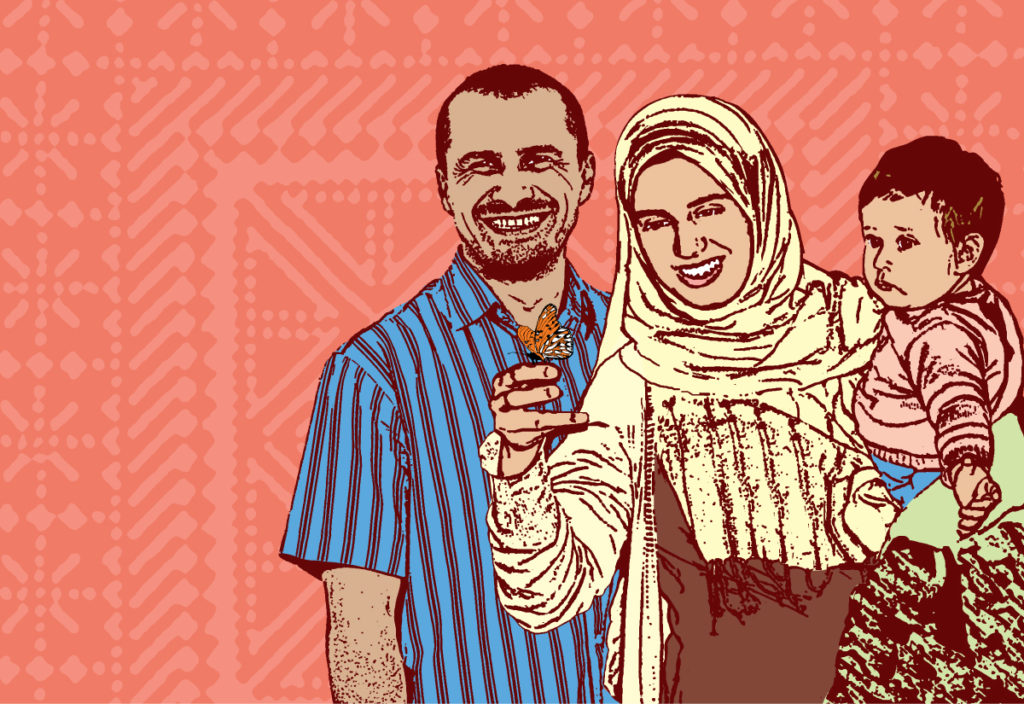
Access to Healthcare or Access to a Green Card?
Two years ago, my wife and I received the best news any young couple could hear, we were expecting a bundle of joy. Although we were excited about being new parents, we were also concerned about paying for our medical needs.
You see, Busarakham* and I were international students from Thailand. I was a fourth-year graduate student at New Mexico State University (NMSU). Our only income was my salary as a research assistant, which was about $1700 per month before tax. Even though we both had health insurance through NMSU, the deductible was too high to add pre- and post-natal care and delivery coverage.
A friend suggested that we apply for the Medicaid program. We were elated that our income qualified us for the Medicaid pregnancy program, which is considered non-emergency Medicaid. Without the Medicaid program, I’m not sure how we could have afforded the prenatal care. About three months after the baby was born, we switched back to our previous health insurance for follow up appointments and hospital visits.
I never thought that a decision to ensure the health of my family would later show up in a such a calamitous way.
When I graduated at the beginning of this year, I received an incredible job opportunity. The employer was even willing to sponsor me with a green card application. The feeling of of elation was short-lived when I learned that if we were still on Medicaid, we may not be able to obtain my green card due to Trump’s proposed Public Charge Rule.
The rule allows immigration officials to base their decisions about granting permanent status or entry to the US on frivolous factors. Accessing public assistance programs like Medicaid, SNAP benefits, or housing programs could count against immigrants in their application for permanent resident status. Existing health conditions or disabilities, family size, ability to speak English and household income would also be considered.
The government plays an important role in achieving the well-being of families through long-standing programs that provide support and assistance. All families are deserving of dignity, support and care.This rule is an absurd attack on immigrant communities and another one of Trump’s attempts to make drastic change to the immigration system without the input of Congress.
When my wife and I migrated from Thailand to pursue our education, we envisioned a world where we could thrive. Contrary to what many believe, it is not an easy task to migrate to the US. My wife and I went through hurdles to come here. We don’t need more barriers for immigrant communities or their families.
This rule does just that. It creates more barriers.
If finalized, nearly 26 million people might disenroll in public programs that support their basic needs and help them thrive.
More than ever, our communities have to speak up and speak out about this egregious rule.
Forward Together and the New Mexico Asian Family Center are calling on community members to submit public comments opposing this unjust rule to the Department of Homeland Security. Legally, the department is required to read and respond to every unique comment, so our messages can’t be ignored.
There are only a few days to flood DHS with comments; they must be submitted by December 10, 2018.
Join us as we work to ensure that all families, no matter how they are formed, have access to the rights, recognition and resources they need to thrive!
Arthit*
Community Member
New Mexico Asian Family Center, a partner of Forward Together
*The names of the New Mexico community members who shared their story were changed for the purposes of protecting their family.